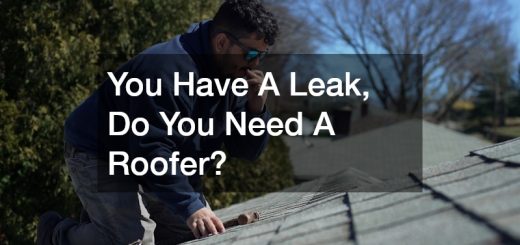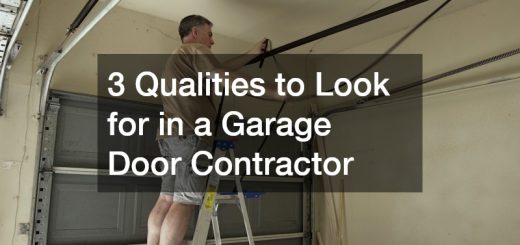The Ultimate Guide to Whole Home Inspections for Homebuyers
Purchasing a new home is one of the most exciting and significant milestones in life. It represents more than just a financial investment; it’s a place where memories are made, families grow, and personal milestones are celebrated. Yet, buying a home also comes with a range of responsibilities and potential pitfalls that can be easily overlooked in the excitement of closing a deal. While homes may appear perfect during a casual walkthrough, many underlying issues can go unnoticed until they evolve into costly repairs or even safety hazards. Understanding the potential risks associated with a new home is crucial for protecting your investment and ensuring the safety and comfort of your family. From structural integrity to air quality, plumbing efficiency, and pest control, every aspect of a home deserves attention before finalizing a purchase.
One of the most important steps in this process is to take a proactive approach in assessing the condition of a property. A home may look impeccable on the surface, but hidden issues like faulty wiring, plumbing blockages, mold, or even foundation damage can create long-term headaches if ignored. For families moving in with children, pets, or elderly relatives, these concerns are even more pressing. Creating a safe, functional living environment requires careful evaluation of every system and surface within the property. By investing the time and resources into thorough evaluations before purchasing, homebuyers can prevent unnecessary stress and financial strain in the future. Beyond safety, understanding the state of a home allows new owners to plan renovations, upgrades, and maintenance schedules in a practical and cost-effective manner.
In addition, buying a home often involves emotional and financial pressure, making it tempting to skip inspections or rely solely on the seller’s disclosure. However, relying on appearances or assumptions can lead to serious consequences down the line. Every home has unique characteristics and potential risks that may not be immediately visible. Whether it’s an aging roof, hidden plumbing problems, or the presence of environmental hazards, early detection is key. Learning to identify red flags and addressing them proactively ensures peace of mind and provides a solid foundation for a smooth transition into homeownership. Understanding these factors highlights the importance of building a strategic approach that emphasizes prevention, thorough evaluation, and informed decision-making.
Ultimately, a successful home purchase is about more than finding a property that meets aesthetic preferences or location requirements. It’s about ensuring that the investment is safe, functional, and built to support the needs of your household for years to come. Developing a proactive mindset when approaching homeownership allows buyers to make informed decisions, mitigate risks, and enjoy the excitement of moving into a space that is truly ready for them. From minor repairs to major upgrades, addressing potential issues ahead of time sets the stage for a comfortable, safe, and sustainable living experience. With careful planning and attention to detail, new homeowners can navigate the complexities of real estate with confidence, knowing that their family’s well-being and financial security are prioritized. By taking a comprehensive approach, buyers can enjoy the full benefits of homeownership without the stress of unexpected problems.
Ensure Your Home Is Free From Hidden Hazards
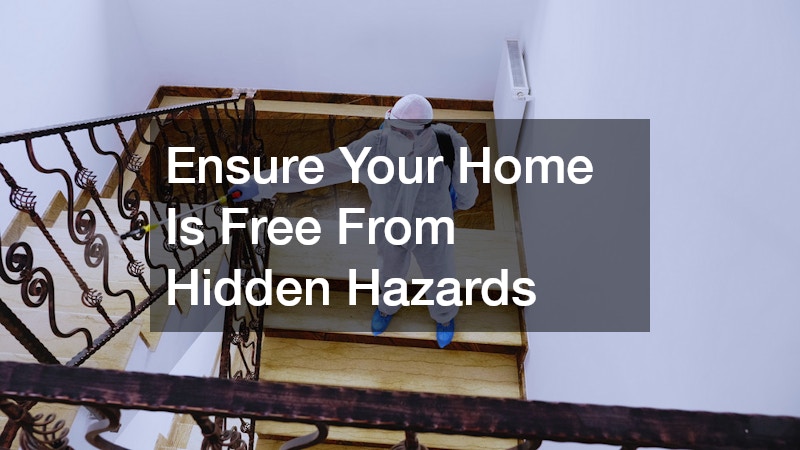
One of the most critical elements in evaluating a home’s safety is identifying hidden hazards that may not be immediately visible. Conducting thorough radon testing is essential to ensure indoor air quality is safe for all family members. Radon is a naturally occurring radioactive gas that can seep into homes through cracks in the foundation, and long-term exposure has been linked to serious health risks. Including radon testing as part of whole home inspections provides homebuyers with essential information and peace of mind. By detecting and mitigating radon early, families can protect their health and create a living environment that is truly safe.
Beyond radon, other hidden hazards such as mold, asbestos, or outdated electrical wiring can pose significant risks. Home inspections allow professionals to evaluate these potential dangers and provide recommendations for remediation. Homeowners who take proactive measures during the buying process avoid costly repairs and reduce the likelihood of future health problems. Including hidden hazard assessments as part of a comprehensive home evaluation reinforces the importance of thorough preparation before committing to a purchase.
Keep Your Plumbing Clear and Efficient
Efficient plumbing is vital to a home’s functionality, and overlooked issues can lead to major disruptions. Hydro jetting is an effective method for clearing clogs and maintaining optimal flow throughout pipes. Incorporating plumbing evaluations into home inspections ensures that systems are operating correctly and that potential blockages or damage are identified before moving in. By addressing plumbing concerns early, homeowners can avoid emergency repairs and maintain a smooth-running household.
Regular maintenance and attention to plumbing health also contribute to long-term savings. Homes with outdated or damaged pipes can experience leaks, water damage, or contamination, all of which can be expensive and disruptive. Including hydro jetting as part of initial inspections helps confirm that plumbing infrastructure is sound, providing peace of mind for new homeowners and preventing issues that may arise after purchase.
Upgrade Critical Home Systems Safely
Modern homes often rely on critical systems such as heating, fuel, and water for daily operations. Proper oil tank installation is essential for homes that use heating oil as a primary fuel source. Ensuring the tank is correctly installed, maintained, and safe from leaks protects the home and environment. Home inspections evaluate these systems to verify safety and efficiency. By addressing potential hazards during the purchasing process, homeowners can avoid environmental contamination and costly repairs.
Upgrading critical home systems proactively also ensures compliance with local safety regulations. Whether it’s fuel systems, electrical connections, or major appliances, professional evaluations as part of home inspections provide a clear understanding of current conditions and any necessary improvements. This approach allows buyers to plan upgrades efficiently, ensuring safety and reliability throughout their home.
Maintain Comfort and Air Quality Year-Round
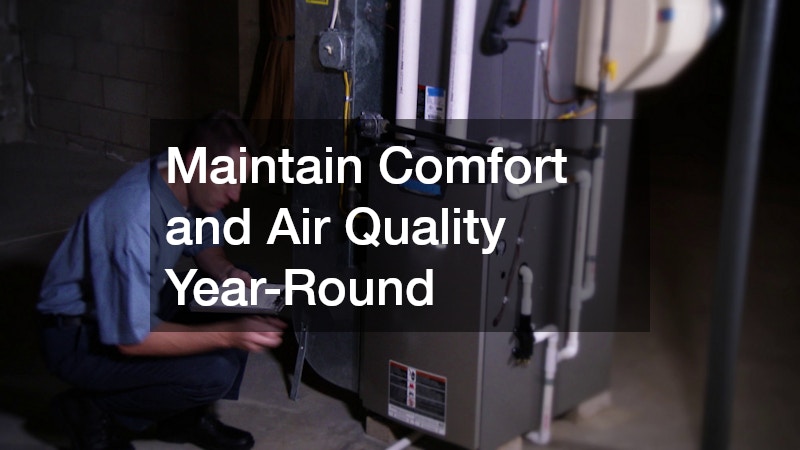
Heating, ventilation, and air conditioning systems play a vital role in maintaining comfort and healthy indoor air quality. Regular HVAC service checks confirm that these systems are functioning optimally, reducing the risk of unexpected breakdowns. Including HVAC evaluations in whole home inspections helps ensure that the home provides consistent comfort while promoting energy efficiency and cost savings. Well-maintained HVAC systems also reduce allergens, dust, and pollutants, improving overall family health.
New homeowners benefit from understanding the condition of their HVAC systems and any required maintenance or upgrades. Home inspections provide a clear picture of system performance, helping families make informed decisions about repairs, replacements, or improvements that enhance comfort and efficiency year-round. A proactive approach ensures that indoor air quality is maintained, and households are prepared for seasonal changes.
Verify Your Waste Systems Are Functioning Properly
Septic systems are a crucial component of many homes, particularly in rural areas. Proper septic inspection is essential to confirm that wastewater systems are functioning effectively and safely. Home inspections include thorough evaluations of septic tanks, drainage fields, and related components to identify any issues that could lead to backups, contamination, or costly repairs. Detecting and addressing septic problems before moving in ensures that families avoid disruptions and environmental hazards.
Maintaining septic system health is not only important for daily operations but also for long-term property value. Homes with well-functioning septic systems are less likely to encounter emergency repairs and offer buyers confidence in the sustainability of their investment. Including septic inspections in home inspections reinforces the importance of proactive maintenance and responsible homeownership practices.
Protect Your Home From Weather Damage
The roof is one of the most critical protective elements of any home. Regular roof inspection ensures that shingles, flashing, gutters, and underlying structures are intact and performing as intended. Home inspections evaluate the roof’s condition, identify leaks, and assess potential risks from storms or aging materials. By addressing issues early, homeowners prevent costly water damage, structural deterioration, and disruptions to daily life.
Roof inspections also provide insight into the expected lifespan of roofing materials and potential maintenance needs. Incorporating these evaluations into whole home inspections allows buyers to plan repairs or replacements efficiently, ensuring long-term protection and peace of mind. A strong, well-maintained roof is essential to preserving the safety and integrity of the entire property.
Ensure Structural Integrity From the Ground Up
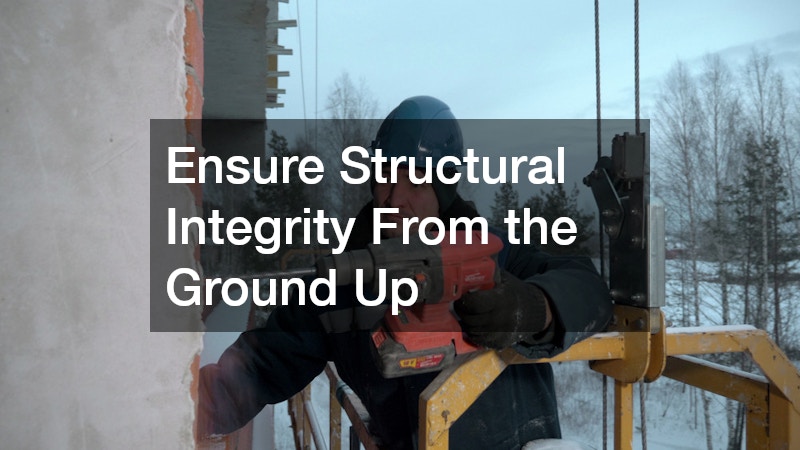
Foundation issues can lead to severe problems, including cracks, uneven floors, water intrusion, and compromised structural stability. Foundation services as part of home inspections evaluate the condition of basements, crawl spaces, and load-bearing structures. Professionals assess for signs of settling, shifting, or damage that could affect the home’s safety and long-term value. Early detection and intervention prevent costly repairs and provide reassurance that the property is sound.
Addressing foundation concerns before purchase allows homeowners to negotiate repairs, implement preventative measures, or budget for future maintenance. Building a clear understanding of the home’s structural health through home inspections protects both financial and personal well-being, ensuring that the property can safely support the family for years to come.
Keep Unwanted Visitors at Bay
Pest infestations can compromise a home’s safety, health, and structural integrity. Professional pest control services included in whole home inspections evaluate for termites, rodents, insects, and other unwanted visitors. Identifying infestations early allows for immediate treatment, preventing damage and protecting the health of residents. Homes with proactive pest management are safer, cleaner, and more comfortable for families.
Incorporating pest control into a routine as part of home inspections ensures that preventative measures are established, reducing the likelihood of future infestations. Homeowners can implement strategies such as sealing entry points, maintaining clean environments, and scheduling regular inspections to maintain a pest-free home. This approach reinforces a proactive mindset and long-term home care.
Create a Safe, Healthy Living Environment
Lead exposure remains a significant health concern, particularly in older homes. Lead removal services included in whole home inspections assess and remediate any areas where lead may be present in paint, pipes, or soil. Ensuring that a home is free from lead hazards is critical for protecting children and vulnerable family members. Home inspections provide guidance and recommendations for safely addressing lead risks, creating a healthier living environment.
By taking a comprehensive approach to environmental safety, homeowners can reduce health risks and enhance quality of life. Lead removal as part of home inspections reinforces the importance of vigilance, education, and proactive measures in maintaining a safe household. Families who address these concerns before moving in establish a foundation for long-term wellness and peace of mind.
Address Plumbing Issues Quickly and Efficiently
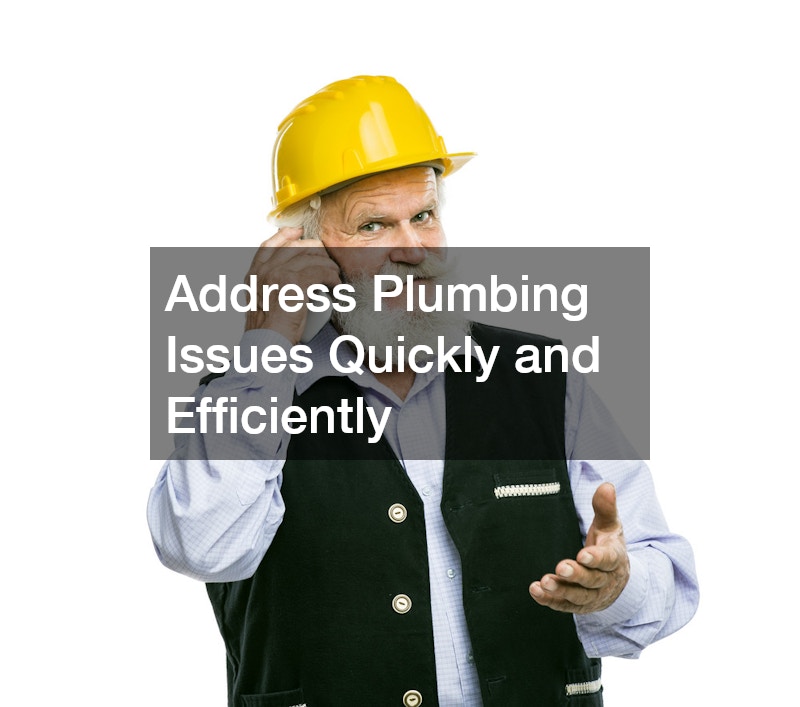
Access to reliable plumbing is essential for a functional and comfortable home. Local plumbers included in whole home inspections assess systems for leaks, corrosion, and overall performance. Detecting issues early allows homeowners to make repairs or replacements before they escalate into costly emergencies. Ensuring plumbing systems are functioning properly is an integral part of home inspections and contributes to a smooth transition into a new home.
By prioritizing plumbing health, homeowners prevent disruptions in daily life and maintain water quality and efficiency. Home inspections provide documentation and guidance that support long-term maintenance planning, making it easier to manage and sustain plumbing systems. Families who address these concerns proactively enjoy a more comfortable and worry-free living environment.
Purchasing a home is a major investment, and protecting that investment requires a comprehensive approach that evaluates every aspect of the property. Whole home inspections are an essential step for homebuyers, providing insight into hidden hazards, plumbing efficiency, HVAC performance, septic systems, roofing, foundation stability, pest management, lead safety, and overall functionality. By including these evaluations in the homebuying process, families can avoid costly repairs, ensure safety, and make informed decisions that enhance long-term comfort and value.
Whole home inspections not only identify immediate issues but also provide guidance for ongoing maintenance and preventative care. From ensuring radon levels are safe to confirming proper plumbing function and addressing structural concerns, these inspections establish a clear understanding of a home’s condition. Families who prioritize whole home inspections benefit from peace of mind, confidence in their investment, and the ability to plan effectively for upgrades and repairs. Incorporating these evaluations into the buying process ensures that potential problems are addressed before moving in, creating a safe and functional environment from day one.
Furthermore, whole home inspections foster long-term homeownership success by highlighting areas that require monitoring, preventive action, or improvement. Addressing HVAC, septic, roofing, foundation, pest, lead, and plumbing concerns proactively minimizes the risk of unexpected emergencies and enhances the longevity of the property. Homebuyers who take advantage of home inspections are empowered with the knowledge and resources needed to maintain a healthy, safe, and comfortable home for years to come. By integrating all aspects of care into a well-planned routine, families set the stage for peace of mind, financial security, and a home environment that supports growth, safety, and happiness. Choosing to invest in whole home inspections ensures that every component of a home is thoroughly evaluated and prepared for daily life, giving homeowners confidence and clarity in their purchase. Ultimately, home inspections provide the foundation for a proactive, informed, and worry-free homeownership experience that benefits every member of the household for years to come.

